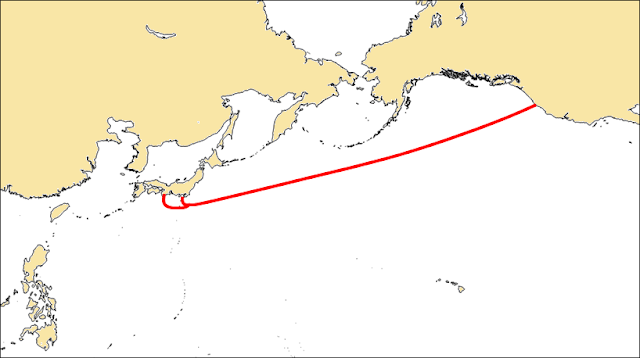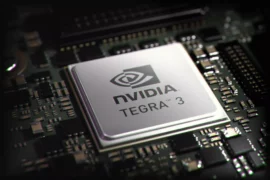 |
| Map of the FASTER cable system’s landing points in Japan and the US |
FASTER, a consortium of six international companies, together with its supplier NEC Corporation, today announced that construction and end-to-end testing of a new trans-Pacific submarine cable system, the FASTER cable system, has been successfully completed and will start service on 30 June 2016.
“With a state-of-the-art design, the cable system provides continuous connectivity and sufficiently high capacity for cloud, video streaming, analytics and the Internet of Things, that will help spur innovation on both sides of the Pacific to stimulate the growth of the digital economy,” he added.
The 9,000-km FASTER cable system lands in Oregon in the United States and two landing points in Japan, namely Chiba and Mie prefectures. The system has extended connections to major hubs on the West Coast of the U.S. covering Los Angeles, the San Francisco Bay Area, Portland and Seattle. The two landing points in Japan facilitate the cable’s easy access to major cities in Japan. FASTER’s robust and resilient connectivity to many neighbouring cable systems extend the cable’s capacity beyond Japan to other Asian locations.
FASTER is the first trans-Pacific submarine cable system designed to deliver 60 Terabits per second (Tbps) of bandwidth using a six-fibre pair cable across the Pacific.
“This was the first trans-Pacific submarine cable built solely by NEC Corporation, employing the latest 100Gbps digital coherent optical transmission technology. We are honored that the consortium entrusted us to build FASTER. Although we faced many challenges during the construction, I am truly glad that we were able to overcome these and to welcome this day,” said Mr Kenichi Yoneyama, Project Manager for FASTER at NEC’s Submarine Network Division. “This epoch-making cable will not only bring benefits to the United States and Japan, but to the entire Asia-Pacific region.”
Construction of the system was announced in August 2014 by the FASTER consortium, consisting of China Mobile International, China Telecom Global, Global Transit, Google, KDDI and Singtel.



